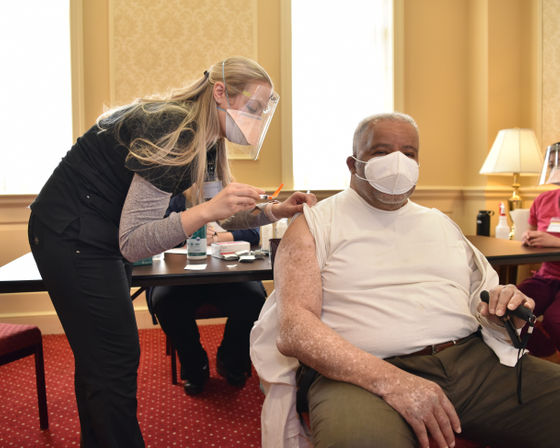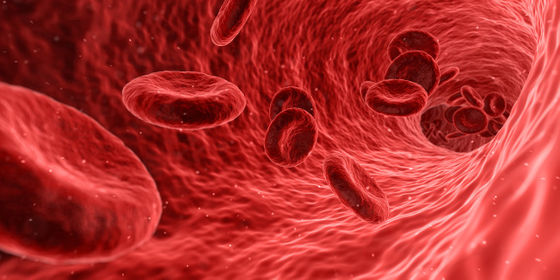It turns out that stress accelerates immune aging, and how to reduce the effects of stress?

It is well known that stress lowers immunity and makes you more likely to get sick. In addition, a new study investigating stress and the proportion of immune cells in the blood found that people with high stress had fewer young immune cells and more old immune cells.
Social stressors associated with age-related T lymphocyte percentages in older US adults: Evidence from the US Health and Retirement Study | PNAS
Social stress can speed up immune system aging – new research
https://theconversation.com/social-stress-can-speed-up-immune-system-aging-new-research-184905
The phenomenon called ' immunosenescence ,' in which the immune system naturally declines as we get older, is one of the causes of age-related health problems such as cancer and cardiovascular disease, and the slow response of elderly people to vaccines. Is believed to be.

by
According to Eric Klopack, who studies gerontology in Southern California, USA, there are often cases where people of the same age have different immune ages. So Klopack and colleagues conducted a study that analyzed data from the Health and Retirement Study (HRS), a large-scale study of Americans over the age of 50.
HRS can range from life events such as unemployment to participants, discriminatory experiences such as being treated unfairly, trauma such as family life-threatening illness, and chronic stress such as financial burden. This is a study that asks questions about various stress factors. HRS measures the number of various immune cells including white blood cells from blood samples collected from participants, and there is no other case where data is collected on such a large scale.
The research team analyzed the relationship between the number of immune cells and stress experience in 5744 HRS participants, and found that stressful people are young immune cells that have not yet been exposed to antigens, 'naive T cells.' It turns out that there are few. We also found that in stressful people, there are many 'late differentiated T cells' that exhaust their ability to fight antigens and cause inflammation.
'The fact that there are few new immune cells and many old ones means that the immune system is aging,' Klopack said.

According to Klopack, when the analysis was performed after correcting for the effects of dietary habits and lack of exercise, the relationship between immune aging and stress was weakened. This suggests that lifestyle-related improvements may offset some of the effects of stress on immunity.
Similarly, when considering infection with cytomegalovirus , which is known to accelerate immune aging, the relationship between stress and immune aging has diminished. Cytomegalovirus is not a major threat to the human body as it is usually dormant. However, when the virus is reactivated by stress, the immune system must inject more naive T cells to suppress the virus, which causes an increase in exhausted immune cells and immune aging. Researchers are wondering if this is the case.
The study found a link between stress and immune aging, and showed that lifestyle-related improvements and the development of cytomegalovirus vaccines could reduce aging. However, since the causal relationship has not been completely proved, further research is needed to clarify whether it is really the case.
Klopack's research team is now looking deeper into HRS data to find out how factors such as adversity experienced in childhood affect immunosenescence in old age. It is said that there is.
Related Posts:
in Science, Posted by log1l_ks







